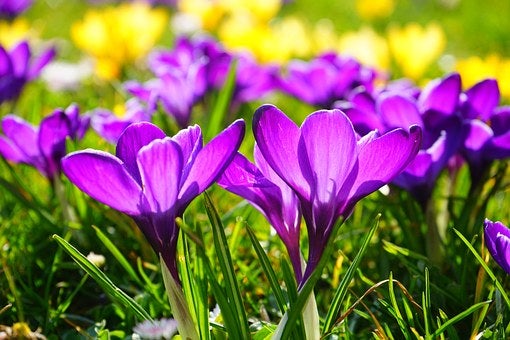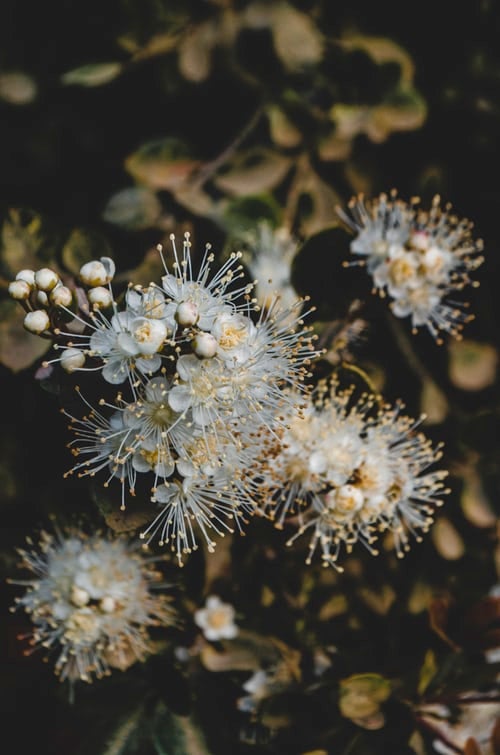3/4/2024
Mindfulness-Based Interventions During Pregnancy Can Reduce Postpartum Depression Symptoms This metanalysis evaluated the efficacy of mindfulness-based interventions (MBIs) delivered during pregnancy on post-partum depression. Five randomized controlled trials with a…
The Space Between Stimulus And Response
3/4/2024
While driving recently, I was wondering what to write for this month’s Musing when I came to a stop sign. Seeing the red sign with STOP written on it brought my attention back to the present moment. “Aha!” I then thought - I’ll write about STOP, an acronym that reminds us to pause to practice mindfulness in the moment. The importance of pausing is well described in the quote below often attributed to Austrian psychiatrist and holocaust survivor Viktor Frankl, although I have been unable to find a reference to him actually saying it. Instead, according to the Viktor Frankl Institute, “The true origin of the quotation is somewhat involved. To put it shortly, the author Stephen R. Covey used to recount that he found the quote in a library book and thought it fitting to describe Frankl's views - but he did not note down the book's author and title.” Whatever the origin, this is still a very powerful statement: “Between stimulus and response there is a space. In that space is our power to choose our response. In our response lies our growth and our freedom.” Pausing allows us to pay attention to our present moment experience, and in pausing gives us the space to choose our response, rather than just reacting to our circumstances.
1/12/2024
Mindful Eating Course to be Offered in January The Mindfulness Center will be offering another Mindful Eating Course starting this month. The course is designed to help people alter their…
1/12/2024
New Introduction to Mindfulness for Healthcare Employees Course to Be Offered in February The Mindfulness Center will begin offering a new course for healthcare employees starting in February. This six-week…
1/12/2024
The Impact of Mindfulness Interventions on Creativity The purpose of this study was to better understand the impact of mindfulness interventions on creative performance. The investigators reviewed 37 studies, 20…
1/12/2024
I have been thinking about the importance of perspective recently. As our society becomes more and more polarized, it seems it has become harder and harder to appreciate the perspectives of those who may see the world differently than we do. We all have views on the way things should be that are largely based on our upbringing and other formative experiences. These views are deeply held and we often don’t even recognize that we have them. When someone says or does something that is counter to these core beliefs it often triggers a strong reaction in us. On the other hand, we tend to like when our core beliefs are supported. Social media companies and news organizations recognize this, and thus our feeds are full of reinforcing information that often focuses on the positives of our beliefs and the negatives of other beliefs. This can lead to greater and greater polarization. Yet if we want to solve difficult problems, we often have to not only acknowledge but even understand and appreciate the beliefs and views of others. This can be very hard because we often move from feeling negatively about an action to making negative assumptions about the person doing the acting. Rather than try to understand them, we judge them.
12/22/2023
New Introduction to Mindfulness for Healthcare Employees Course to Be Offered in January The Mindfulness Center will begin offering a new course for healthcare employees starting in January. This six-week…
12/22/2023
Mindfulness-Oriented Recovery Enhancement in Individuals With Opioid Use Disorder Methadone treatment is a mainstay of therapy for opioid use disorder (OUD). However, medication treatment alone does not address the emotion…
12/22/2023
This time of the year is often associated with joy. According to Dictionary.com, one of the definitions of joy is “the emotion of delight or happiness caused by something exceptionally good or satisfying”. There are often many opportunities to experience joy now- giving and receiving gifts, noticing the sense of wonder that can arise in children, feeling our own sense of wonder, perhaps in relation to our religious traditions. Last weekend I participated with some of my family and 5000 or so others in the Tacky Light Run in Midlothian, a four-mile run/walk through neighborhoods with houses decorated for the holidays in a variety of often extravagant ways. I experienced joy in spending the time with my family, in seeing the decorations myself, and in watching others’ reactions to them. As with many positive emotions, joy can be missed or overlooked in the context of ongoing negative events. We may be caught up in worrying about these events, which can range from global to personal.
12/1/2023
Free Mindfulness Game One of the more valuable skills gained from an 8-week MBSR course is the ability to see one’s involuntary thoughts as generally irrelevant but distracting brain activity…



